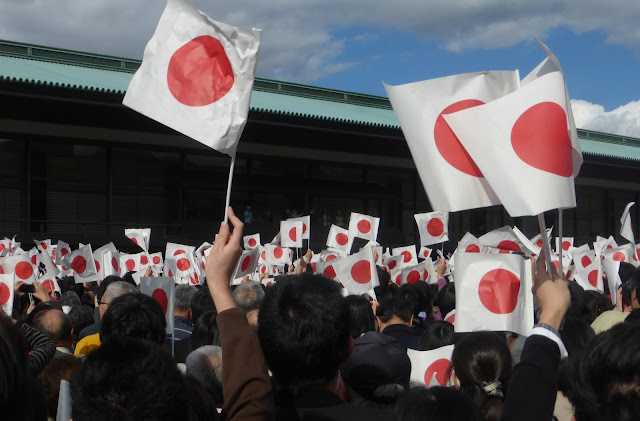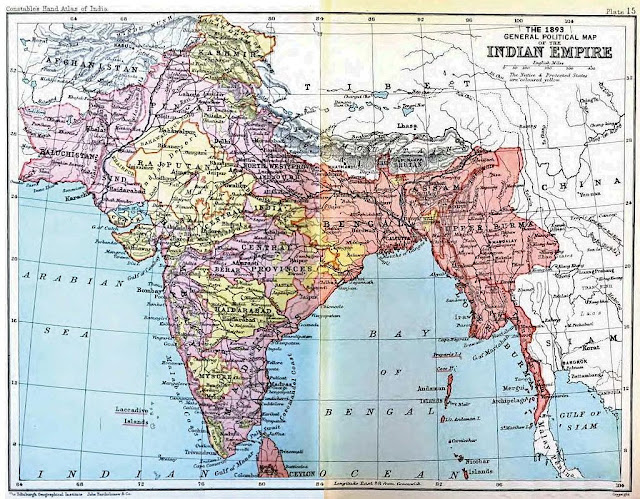Walking through a crisis: The Coronavirus
The world is currently wrapped up in a pandemic, and an associated economic crisis. With this comes a whole lot of other problems, from logistics, to governance, and of course healthcare. Times are uncertain a lot of people may feel anxious or downright threatened. Its as if everyone is having to tread blind, while surrounded by danger, and no clue when it ends. Moreover, people are not just worried about themselves, but also about their loved ones.
This is and of itself is a mental help challenge as well. The whole world is going through an emotional and cognitive crisis and this may have repercussions on our own health and well being as well. If not managed well, just like the health or economic crises, the effects could be lasting.
Focus on what you can control:
In a situation, where most of the variables are out of your control, one must focus on what can be controlled. This is necessary to bring a sense of control and therefore certainty back to the person. Even in war, people are able to take care of their families, feed themselves and sometimes even have a good time. Focusing on what one can control helps one understand that we truly make our own experience. Simply let go and focus on what you can control.
An example can be changing one's perspective of the crises as a 'challenge for humanity' rather than 'personal tragedy' helping to somewhat normalize it and have a sense of community. Then there are all the precautions one can take such as social distancing or hygiene-related procedures. One can also take the time to focus on health (indoor exercises) or work on a skill. Slowly but surely you will start to realize that there are things that you can still control.
Get the facts rights:
It is important, especially in this day and age, to get the facts right. We are bombarded by 10x as much fake news, as actual news and then the myriad of pseudo-medical advice on social media can further confuse us.
There is research available on how Coronavirus spreads, and who is most vulnerable. Reading it can help you understand that coronavirus is not as dangerous as Ebola, Swine flu or even at times pneumonia. All this can help with one's anxiety about the health of themselves and their loved ones.
There is also great advice on WHO website, telling us precisely what works to deal with the crises and what doesn't work. This can help us take the 'correct' precautions and not waste resources. Being smarter about our approach is the best thing we can do.
Stay positive:
Easier said than done, but positive thinking is not about hoping things will become better instantly. It's about being 'positive' that you have the capacity to go through anything that life throws at you. Staying positive means your expectations remain more sunny than gloomy. Stay positive means you keep reaffirming that it will end and you will come out stronger. It also means knowing that humanity as a whole will survive and ensure that the deaths were not in vain. Staying positive means keeping calm and carrying on, no matter what.
Umair Usman is a Rapid Transformational Therapy Practitioner, a businessperson, and a blogger. You can know more about him at www.thecognitiveconsultants.com. To book a free consultancy session, please fill the form https://tinyurl.com/y6n2vv8w




Comments
Post a Comment